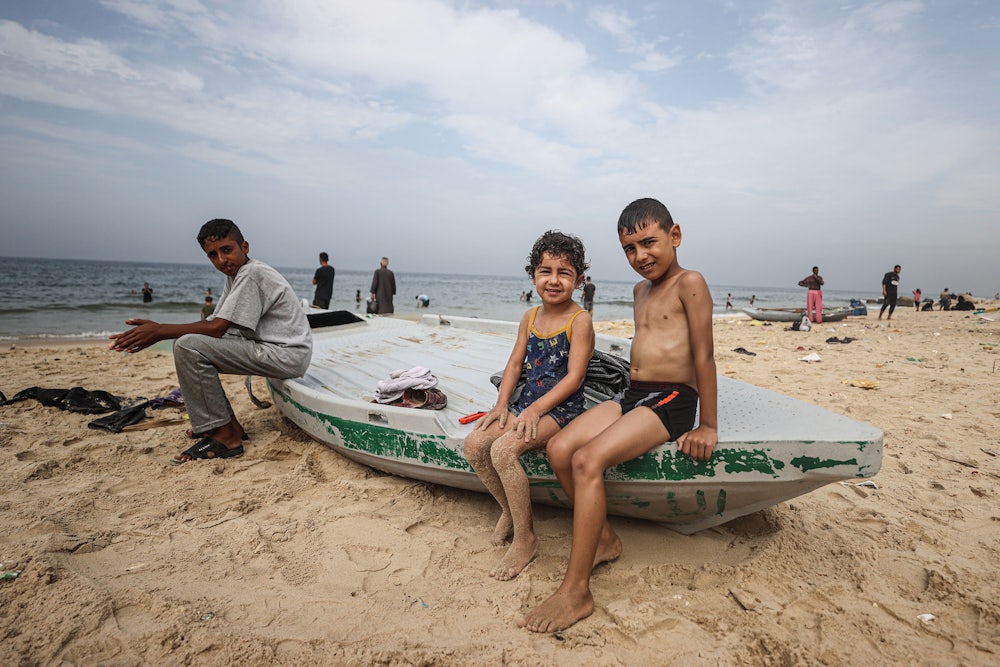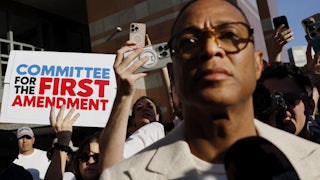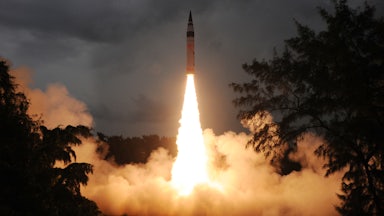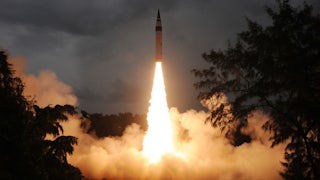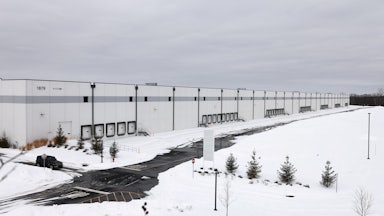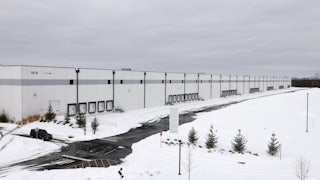For the past 20 years or more, the
Gaza Strip has been seen by many around the world—particularly in the global north—as a place that exports hate and radicalism, its people mired in poverty,
not a place where someone would want to live or even go.
I have lived in Gaza all those years, and I say that this image contradicts what Gaza has been, and especially what it could be. Prior to the turn of the century, Gaza was a tourist destination for international visitors, including hundreds of Israeli citizens who visited every weekend for its beautiful beaches and excellent restaurants. Gaza also used to export garments, textiles, furniture, strawberries, and flowers to Israel and Europe. During those years, the notion of making Gaza into “the Middle East’s Singapore” or “the Palestinian Dubai” felt very possible.
The Gaza Strip was the first place to be freed from Israeli occupation when the Palestinian Authority was created in 1994, in the wake of the Oslo Accords. It was a very emotional moment that May to see the first Palestinians enter Gaza from Egypt through the Rafah crossing, carrying Palestinian flags. We had big dreams to build a free, modern, and democratic state—to live side by side in peace with Israel.
The peace process had gained huge support from the international community, mainly from the United States and major European states. With this support, the P.A. was able to create a public sector and build the Gaza airport—where Bill and Hillary Clinton landed for a historic visit on December 14, 1998. I have traveled three times from that airport. When I flew in a Palestinian airplane for the first time, and heard “Palestinian Airlines welcomes you aboard its flight to Amman, Jordan,” I cried.
I was born in Gaza in 1962 to a refugee family that had been expelled from its village of Sawafir in the then British mandate of Palestine. Five years later, in the Six-Day War of June 1967, Gaza was seized by Israel, which meant that I grew up under the occupation. When you live under occupation, your national ambitions become clearer and stronger. I promised myself that I would do my utmost to contribute to achieving peace and freedom for our people and region through dialogue and debate.
In my early years, I had no opportunity to travel outside my local area; thus, the factors that shaped my norms and values were almost all local ones. When I became older and was able to travel, I gained opportunities to deepen my knowledge and understanding of these values. I have become a strong advocate for peace, justice, and equal rights for all people regardless of race or religion.
I stood as a candidate in the Palestinian parliamentary election in 1996. I knew it would be a steep climb for a young person of 30 who lacked the networks and resources to win (and yes, I lost). But it was my inner desire to be part of building the future.
While growing up, I decided to be engaged in civil society. I was eager to understand other cultures. Gradually, I became a community activist who spoke regularly to journalists and diplomats who were visiting Gaza.
I was invited occasionally to meet with U.S. politicians and Israeli peace activists and intellectuals. All of us were engaged in discussing how to enhance cooperation and build sustainable economies that would allow everybody to live in peace and prosperity.
After the Israeli withdrawal from Gaza in 2005, elections were held in which Hamas competed with Fatah, which dominated the Palestinian Authority. In January 2006, Hamas won a surprise landslide victory over Fatah. The West cut off aid to Gaza, and Israel detained Hamas officials. The tensions between Hamas and Fatah resulted in Hamas violently wresting control of Gaza in 2007. That prompted Israel to impose its blockade on Gaza, doing tremendous economic harm. The Gazan people were caught in the middle.
Since 2008, the Gaza Strip has experienced 17 escalations, five of which have been devastating. Major wars erupted in the Gaza Strip in 2008, 2012, 2014, 2021, 2022, and now 2023. The effects of these wars have been tragic on the Gaza Strip’s population and have significantly affected its infrastructure, health care system, economy, society, and public and private sectors. The Israeli blockade has made Gazans more radical and less tolerant and has had devastating social consequences. Today, 62 percent of the Gaza population are under the age of 30 and have never been outside Gaza due to the travel restrictions.
Given this instability, thousands of talented youths emigrated from Gaza. In addition, businesspeople, women, elite medical doctors, professors, and teachers, losing their faith in Gaza’s future, made their way to Europe. Palestinian civil society in Gaza has suffered from financial deficits, lack of international funding, and weak investment in education, technology, and innovation.
I continue to be committed to my principles and beliefs. We mustn’t give up, and we should continue to work, especially with young people. In 2007, I established Pal-Think for Strategic Studies as a “think and do” tank. We work closely with young Gazans who cannot travel and are in desperate need of hope. One of the key activities of Pal-Think was connecting Gaza youth with the outside world using digital pathways to overcome the blockade. We hosted experts, activists, and postgraduate students from Washington, London, Paris, and many other capitals to broaden young Gazans’ understanding of what is going on at the international level.
Today’s problems are the outcomes of yesterday’s shortsighted actions. The Israeli policies that turned Gaza into a radical, poor, narrow-minded society, and the absence of serious U.S. involvement in peace talks, are to be blamed for what has been happening.
The consequences of this war will be indescribable, as the young generation is angry at the world that has been standing idly by as Israel drops its bombs. Peace will not easily prevail. The people of Gaza wake up every morning to the horrendous scenes of their destroyed houses, memories of their lost loved ones, and the tragic atmosphere of the whole region.
A cease-fire must be reached, the sooner the better. Regardless, whenever this war ends, there must be a widespread effort to restore Gaza. A conference on Gaza needs to be held wherein the international community, including the rich Arab and Islamic states, allocates significant funds to rehabilitate not just the buildings but, more importantly, the people of Gaza.
Then the U.S., Europe, and the Arab League must initiate a process whereby the Palestinian Authority will be allowed back into Gaza to carry out three main tasks: respond to humanitarian crises, prepare for a general election for the Palestinian Parliament, and disarm all military factions in Gaza. Then maybe someday there can be hope in Gaza again.
